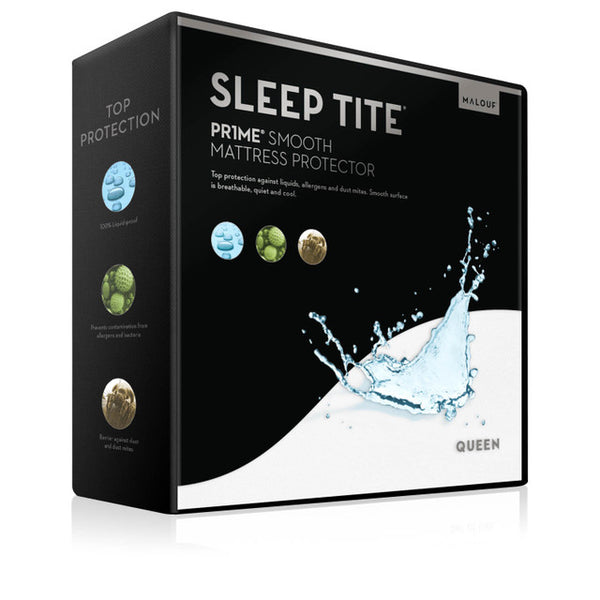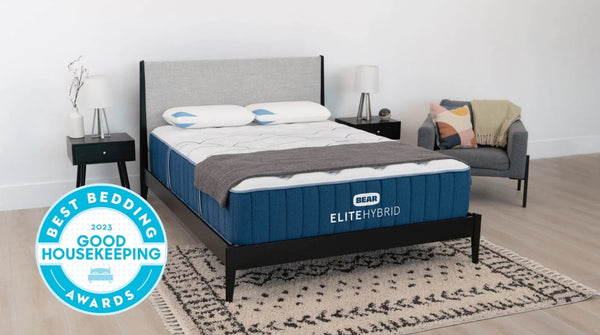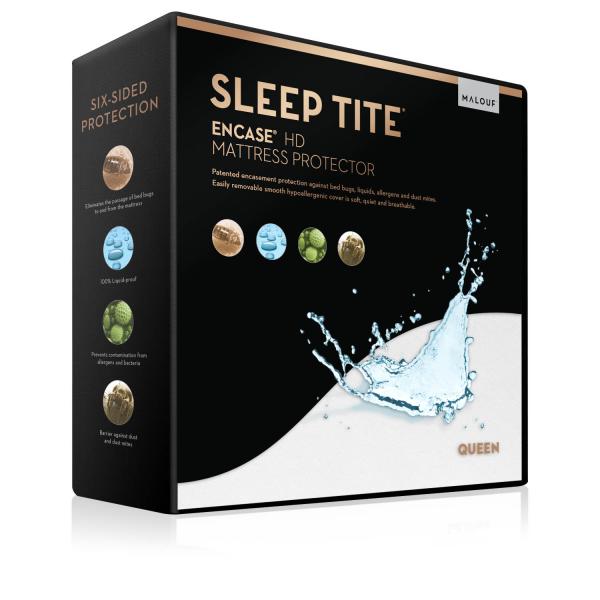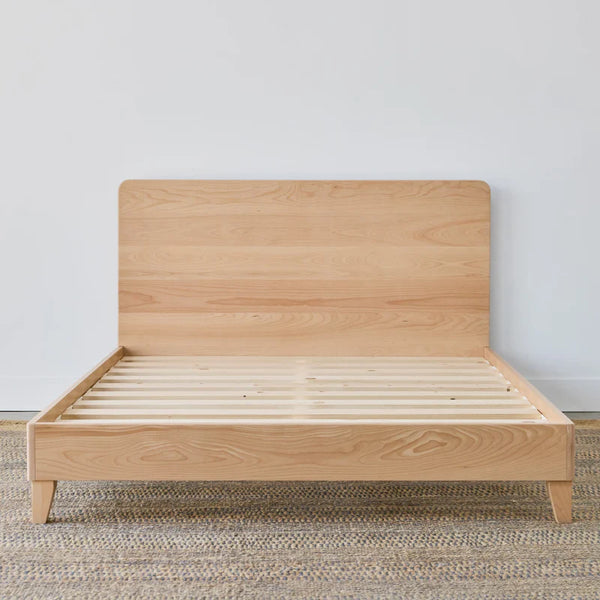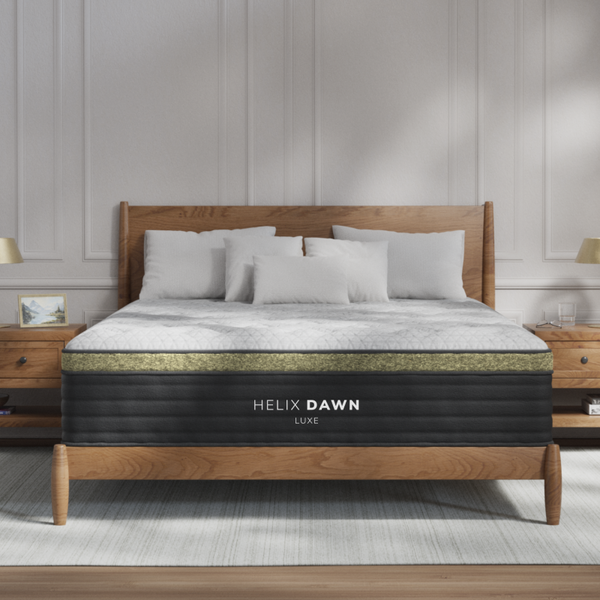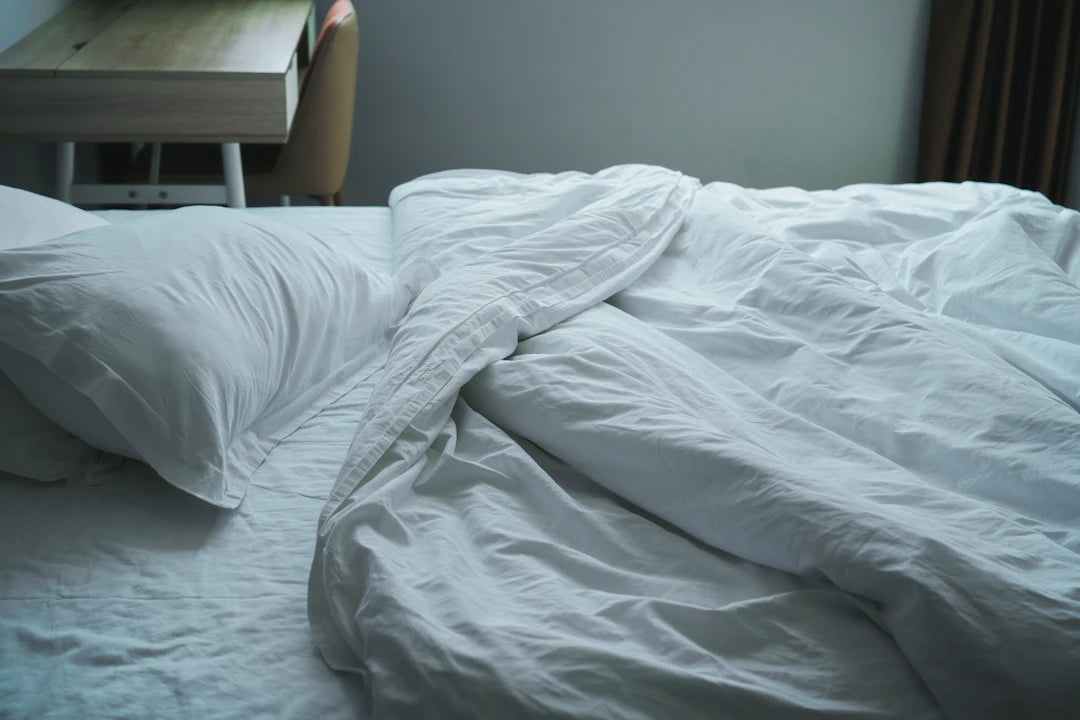
Overview
This blog discusses common sleep disorders like insomnia, sleep apnea, restless legs syndrome, and narcolepsy, and how they affect sleep quality. It emphasizes the importance of choosing the right mattress for support and comfort to alleviate symptoms. Additional tips for better sleep hygiene are also provided, encouraging consistent sleep schedules, relaxing bedtime routines, and creating a comfortable sleep environment.
Frequently Asked Questions
1. What are common sleep disorders that people experience?
2. How does insomnia affect daily life?
3. What role does a mattress play in alleviating sleep disorders?
4. What mattress materials are recommended for those with sleep disorders?
5. What are some tips for better sleep hygiene in addition to choosing a mattress?
In today's fast-paced world, the importance of a good night’s sleep cannot be overstated. Yet, millions of people struggle with sleep disorders that significantly impact their overall health and quality of life. If you’re one of those individuals tossing and turning through sleepless nights, understanding the various sleep disorders can empower you to find the right mattress solutions to enhance your comfort and improve your sleep quality. In this article, we delve into the common types of sleep disorders and how selecting the appropriate mattress can make a world of difference.
Common Sleep Disorders: An Overview
Sleep disorders encompass a range of issues affecting the ability to sleep well regularly. Here are a few prevalent types:
Insomnia
Insomnia is characterized by persistent difficulty in falling asleep, staying asleep, or waking up too early. People with insomnia often feel tired and unrefreshed during the day, which can exacerbate stress and anxiety levels.
Sleep Apnea
Sleep apnea is a potentially serious sleep disorder that causes breathing interruptions during sleep. This condition can lead to fragmented sleep and a host of health problems, including heart disease and high blood pressure. People who suffer from sleep apnea will benefit from a mattress that provides adequate support and allows for easy movement.
Restless Legs Syndrome (RLS)
This neurological disorder results in uncomfortable sensations in the legs, often with an irresistible urge to move them. RLS can make it difficult to get comfortable and fall asleep. A mattress that offers targeted pressure relief can help ease the discomfort associated with this condition.
Narcolepsy
Narcolepsy is characterized by excessive daytime sleepiness and unexpected sleep attacks. Although narcolepsy itself primarily affects overall sleep architecture rather than sleep structure, a supportive mattress can help improve nighttime rest and manage symptoms more effectively.
How Sleep Disorders Affect Sleep Quality
The effects of sleep disorders on individuals can be detrimental. Poor sleep quality results in several consequences:
- Daytime Fatigue: People suffering from sleep disorders often experience chronic fatigue, impacting their ability to focus and perform daily tasks.
- Mood Disorders: There is a strong connection between sleep disorders and mental health. Mood disorders such as depression and anxiety often develop or worsen due to lack of sleep.
- Impaired Cognitive Function: Memory, decision-making, and cognitive abilities are directly affected by sleep quality.
- Increased Risk of Chronic Conditions: Long-term sleep disturbances can significantly increase the risk of developing serious health issues, including obesity, diabetes, and cardiovascular diseases.
Choosing the Right Mattress: A Guide
Finding the perfect mattress can be transformative for anyone struggling with sleep disorders. Here are some considerations to bear in mind when shopping for a mattress:
Support
A good mattress should provide the necessary support for your body's alignment. Adequate spinal alignment prevents pain and discomfort, which can be critical for those suffering from insomnia or other mattress-related issues.
Comfort Level
Different people have different preferences when it comes to firmness levels. Some may prefer a softer feel that conforms to their body, while others may require a firmer surface to feel fully supported. Testing out various firmness options is vital to find what works best for you.
Material Matters
The materials used in mattresses can significantly affect your sleep experience:
- Memory Foam: Known for its body-contouring properties and pressure relief, it can be a great option for people with RLS or chronic pain.
- Latex: This material offers a bouncier feel and is often breathable, which may appeal to those who tend to sleep hot.
- Innerspring: If you prefer traditional support with added bounce, innerspring mattresses might be the right choice.
- Hybrid: Combining the best of both worlds, hybrid mattresses can provide contouring comfort alongside sturdy support.
Cooling Features
For many individuals, sleeping hot can exacerbate sleep disorders. Look for mattresses with cooling technology, such as breathable fabrics or gel-infused foams, to help regulate body temperature and promote a better night's sleep.
Additional Tips for Better Sleep Hygiene
In addition to selecting the perfect mattress, it’s equally important to establish good sleep hygiene. Here are some additional tips:
- Maintain a Sleep Schedule: Going to bed and waking up at the same time helps to regulate your body's internal clock.
- Create a Relaxing Bedtime Routine: Engaging in calming activities, such as reading or meditation, can help signal your body that it’s time to wind down.
- Limit Screen Time: Reducing exposure to screens at least an hour before bed can help minimize sleep disruptions due to blue light.
- Make Your Sleep Environment Comfortable: Ensure your bedroom is dark, quiet, and cool. Creating a soothing atmosphere plays a vital role in quality sleep.
Transform Your Sleep Experience Today!
Understanding sleep disorders and their implications is the first step toward finding effective solutions. A suitable mattress can significantly alleviate many discomforts associated with these disorders. By doing your research and considering your needs, you can transform your sleep experience. From enhancing your overall health to improving your mood, the right mattress can make a profound difference in your life. Take the time to invest in quality sleep, and watch as your physical and mental health flourish as a result!


